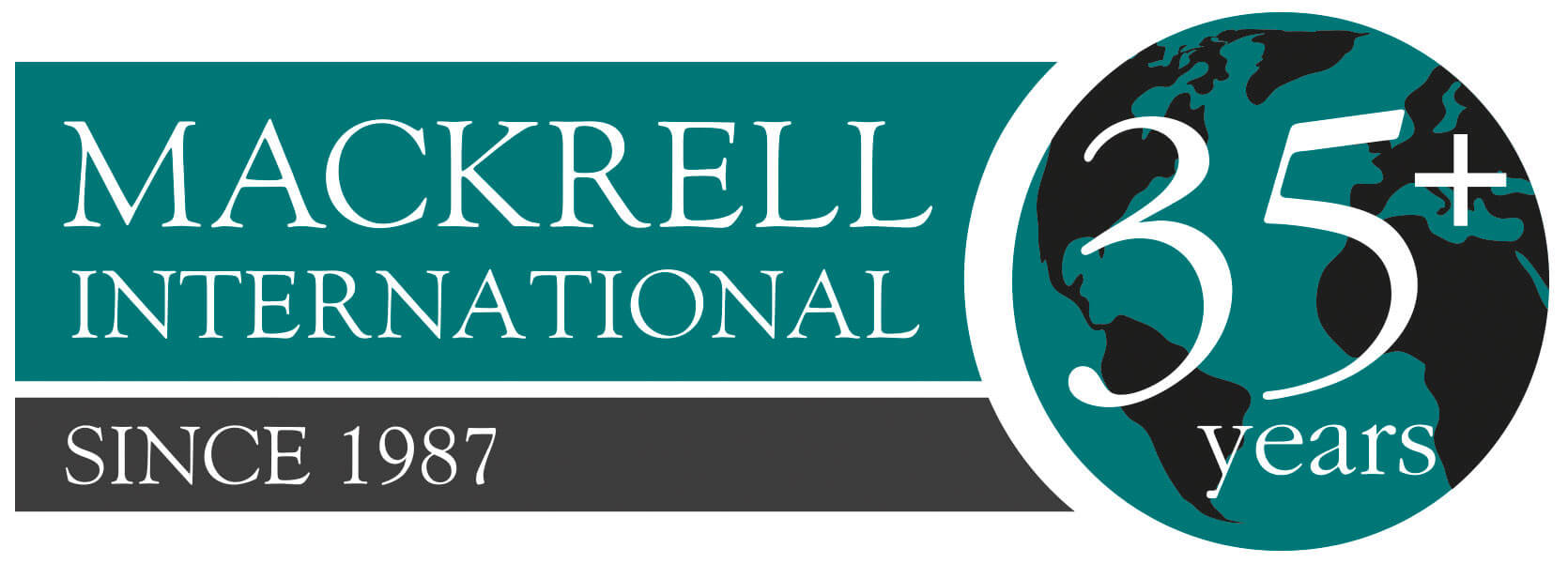When acquiring a business in the UK, two common transaction structures are asset purchases and share purchases. Each structure has distinct legal implications, and choosing the right approach depends on your goals, risk appetite, and the specifics of the deal.
In an asset purchases, the buyer acquires selected assets and rights of a business—such as equipment, property, stock, and goodwill—while potentially assuming certain agreed liabilities. This structure allows the buyer to “cherry-pick” which parts of the business to take on.
Share purchases, meanwhile, involve the buyer acquiring all (or a controlling portion) of the shares in the company which carries on the target business and therefore all the assets and liabilities that come with it.
Both transaction structures are useful to both buyers and sellers for different reasons and can be used to achieve broadly similar objectives. However, they differ significantly in terms of legal effect, tax consequences, and transactional complexity.
International investors and business owners looking to buy a UK business must consider which deal structure is most appropriate to the proposed acquisition.
Looking at each of these transaction types in turn, there are several advantages and disadvantages for buyers.
Asset purchases
The main advantage of an asset purchase is that you can choose which assets and liabilities of a business (if any) you acquire. This can make for a more savvy, tailored investment, reducing exposure to unwanted risks or obligations.
Additionally, an asset purchase transaction is unlikely to require the consent of shareholders.
While the main disadvantages of asset purchases are those that affect the seller, buyers are not immune from the transaction’s potential risks.
For example, asset purchases may require more complex documentation. Each asset may require individual transfer documentation, consents, or third-party approvals (e.g. leases, customer contracts).
The Transfer of Undertakings (Protection of Employment) Regulations 2006 (TUPE) usually apply, meaning employees of the business automatically transfer to the buyer, along with associated rights and liabilities.
Share purchases
A share purchase transaction structure is often simpler than an asset purchase, since you acquire a single asset (the target shares).
Furthermore, TUPE will not apply to the transaction, thus avoiding the need to inform and consult with the employees of the target business.
However, certain risk factors need to be taken into account. You will acquire the target company subject to all its historic and current liabilities —whether known or unknown. This makes thorough due diligence and strong warranty and indemnity protections essential.
If you require 100 per cent ownership of the target business, all of the seller’s shareholders must agree to the transaction unless agreements are in place with minority shareholders. These can be complex and take a long time to negotiate.
Ultimately, whether you decide to pursue an asset purchase or share purchase will depend largely on your circumstances, unique needs, and business goals.
How we can help you
When considering the structuring of a business sale or acquisition, it is important to take both legal and tax advice when negotiating the terms of a transaction to ensure what is being agreed is right for you.
Our corporate and commercial team are specialists in mergers and acquisitions and can advise on which transaction structure is right for you.
As one of the founders of Mackrell International, we are also uniquely placed to be able to provide international legal advice wherever in the world you may be buying or selling a business.
If you want to find out more, contact Maung Aye, Joint Managing Partner and Head of Corporate & Commercial, on 0203 972 6784 or via email at maung.aye@mackrell.com.




